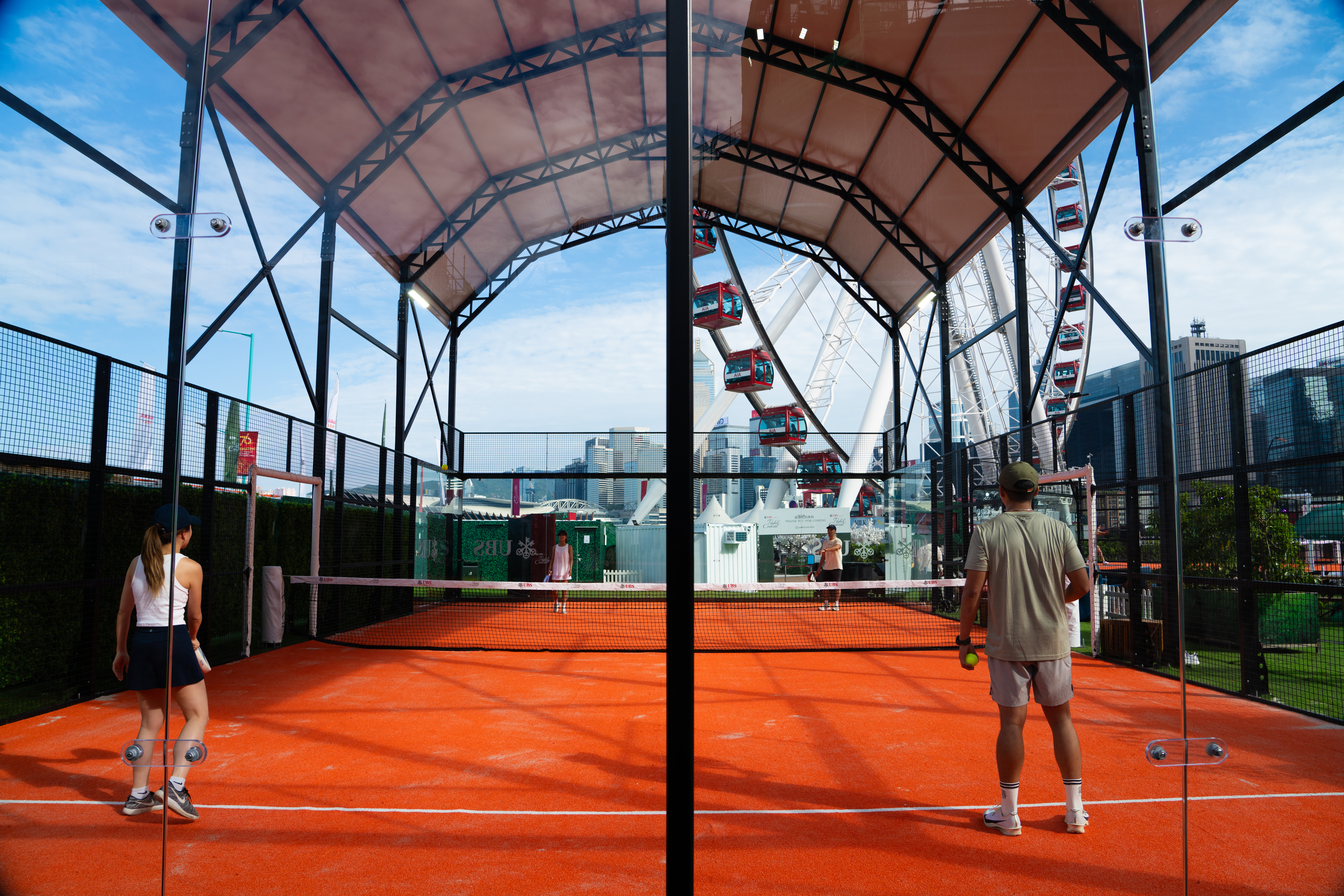It was always going to take something radical for Marcello Lippi’s return to the men’s national team hot-seat to result in China making it to a World Cup finals, but naturalizing Brazilian forwards? Incredibly, that appears to be part of the plan.
Chinese sports media has been rife with speculation the last few days that Elkeson de Oliveira Cardoso will swap his native Brazilian citizenship for that of China, where he has played since 2012, and that countryman Ricardo Goulart is set to follow suit.
The headline today of a Chinese sports newspaper: As per the request of Marcelo Lippi, Ricardo Goulart has agreed to be naturalized to a Chinese citizen. If registration works smoothly, Elkeson will be eligible to play for China in September and Ricardo Goulart early next year. pic.twitter.com/oIjELTscdR
— Titan Sports Plus (@titan_plus) May 27, 2019
The Brazilian pair would not be the first players to become naturalized Chinese citizens, but they would be the first to do so via residency as opposed to ancestry. In February, Norwegian-born Beijing Guoan player John Hou Sæter (whose mother was born in China) received a Chinese ID card.
If media reports are accurate, Elkeson and Goulart would be eligible to turn out for China in their World Cup 2022 qualifying campaign. Although China’s women’s team is currently preparing for this summer’s World Cup, the men haven’t made a finals since 2002 — they lost all three group games in that tournament, conceding 9 goals and failing to score in the process.
As Jonathan White notes in the SCMP,
“Hopes of Elkeson being allowed to play for China have long been shared by football fans on social media and the player was asked about it in 2017 by Brazilian media. Whether he was only being polite or expressing a genuine desire, the player indicated he would like to play for China in the future.”
But not all fans are impressed by the news. One of the top-rated comments under Sina Sports post on the story reads, “Lippi has tremendous vision! […] Let’s buy 11 foreigners and change all their nationalities!”
Some prefer to take a more practical, long-term view: “First let’s find a path to success, [to] make more children and their parents like football and see football as a feasible path, then the footballing population will increase,” argues one user on microblogging platform Weibo. “Right now it’s impossible to falsely stimulate the growth of a footballing population – let’s try a different path.”
Related:
 Who’s Chinese? The Farmer-Turned-Livestreaming Star Who’s Challenging China’s Ideas of Racial IdentityWith his viral videos of life on a dongbei farm, ethnically Russian livestreamer “Uncle Petrov” has become a star, but he’s also sparking debate around what it means to be “Chinese”Article Apr 04, 2019
Who’s Chinese? The Farmer-Turned-Livestreaming Star Who’s Challenging China’s Ideas of Racial IdentityWith his viral videos of life on a dongbei farm, ethnically Russian livestreamer “Uncle Petrov” has become a star, but he’s also sparking debate around what it means to be “Chinese”Article Apr 04, 2019
The move would be a pretty extraordinary turn of events in a country that’s not known for easing foreigners’ paths to citizenship. And even more extraordinary given Sæter and other naturalized players’ debuts were delayed by the Chinese Football Association at the start of the latest Chinese Super League season, just three months ago.
China’s men’s team may well need all the help they can get, but will players who naturalize through residency really be seen as Chinese? And will it have wider implications for the country’s ideas of citizenship and identity? It’ll certainly be an interesting situation to watch.

















